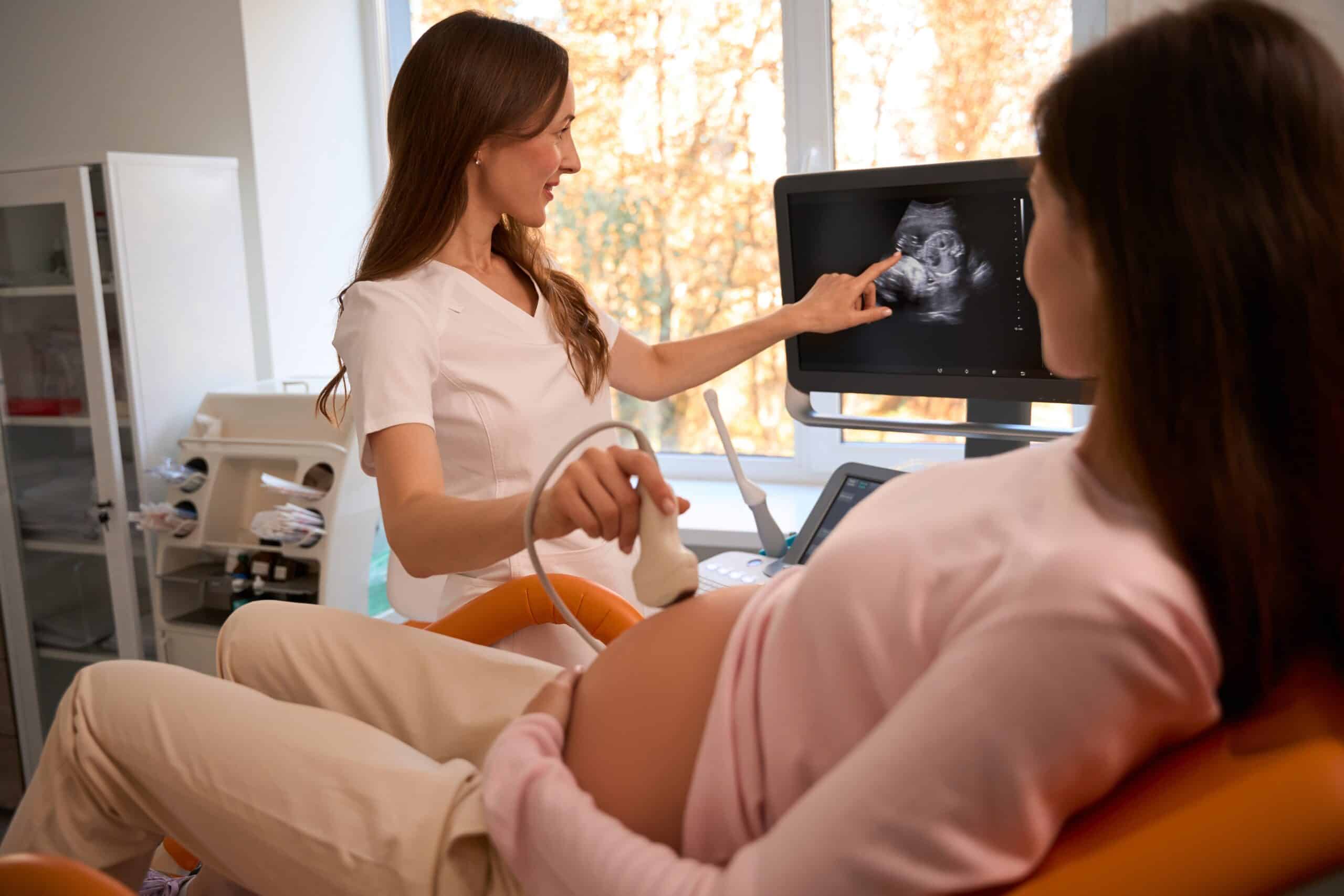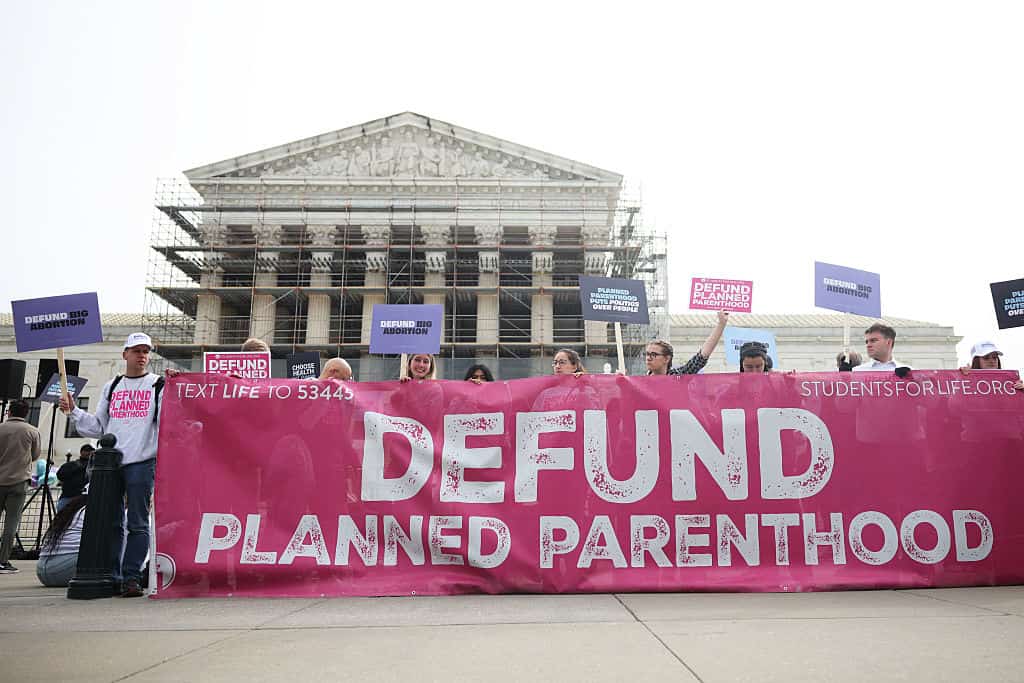U.S. Supreme Court Dismisses Idaho Abortion Case Without Addressing the Merits

The United States Supreme Court has officially issued their ruling in Moyle v. United States and Idaho v. United States stating that the Court should not have accepted the case and has decided to send it back to the Ninth Circuit Court of Appeals for continued consideration.
The case made headlines on Wednesday, June 26, 2024 when the opinion was inadvertently posted to the Supreme Court’s website and then promptly taken down.
The opinion issued on Thursday appears to be identical to the version posted the day before.
There was no majority opinion, but five of the nine justices agreed to return the case to the Ninth Circuit Court of Appeals for an en banc hearing.
The question before the Court was whether a federal law, known as Emergency Medical Treatment and Labor Act (EMTALA), overrides an Idaho law regarding when an abortion can be performed.
Idaho’s pro-life law restricts most abortions and provides an exception for when the life of the mother is at risk, while EMTALA requires emergency rooms in hospitals that receive Medicare funding to provide emergency abortions as “necessary stabilizing treatment.”
As reported previously by the Daily Citizen, the U.S. Department of Justice (DOJ) filed a lawsuit to block Idaho’s law from going into effect. The DOJ argued that the state law conflicted with a federal law because the state law only permitted abortion in life-saving situations and not for all emergency situations.
Attorneys for the state of Idaho argued,
Both EMTALA and the Defense of Life Act seek to protect the lives of everyone — including women and their unborn children. Under Idaho’s law, doctors will continue to provide care to women experiencing ectopic pregnancies, miscarriages, and life-threatening conditions, which is exactly what EMTALA requires.
Two lower courts barred the state’s pro-life law from being enforced in emergency room situations, but the U.S. Supreme Court put a stay in placing allowing the Idaho law to be enforced until it could consider the case. Today’s opinion lifts the stay.
Justice Barrett, joined by Chief Justice Roberts and Justice Kavanaugh, argued the dismissal was appropriate because “the shape of these cases has substantially shifted since we granted certiorari.”
She wrote,
In my judgment, it would be imprudent to answer these important questions now. Since this suit began in the District Court, Idaho law has significantly changed — twice. And since we granted certiorari, the parties’ litigating positions have rendered the scope of the dispute unclear, at best.
Justice Barrett cited concessions made by the federal government that an abortion would not be considered required for mental health issues and that federal conscience protections would still apply to hospitals and doctors even under EMTALA.
In her opinion, granting certiorari in the case was a “miscalculation” because “the parties’ positions are still evolving.”
Justice Alito wrote an opinion, joined by Justice Thomas and Justice Gorsuch, dissenting from the Court’s order. He contends that the Court should have ruled in Idaho’s favor because the argument that federal law should trump state law is unsound. He argues, “EMTALA’s text unambiguously demands that Medicare-funded hospitals protect the health of both a pregnant woman and her ‘unborn child.’”
Justice Jackson wrote in a separate opinion that she believes today’s decision is a “delay” by the Court.
Idaho Chief of Constitutional Litigation and Policy Josh Turner, who argued the case before the U.S. Supreme Court, said this about the ruling,
I could not be more proud of what our office has accomplished in this case so far.
We forced the Biden administration to make major concessions before the Supreme Court that it did not want to make, and those concessions are going to save many unborn lives.
The people of Idaho should not be fooled by the misleading headlines in the media. Instead, I encourage everyone to read the court’s opinions for themselves.
The court may have decided to “punt” today on the merits given the Biden administration’s “important” and “critical” concessions, but I have zero doubt after reading the decision, after standing before the justices and answering their questions, and after listening to the DOJ’s best arguments to defend the Biden administration’s legally untenable position, that Idaho’s Defense of Life Act is not preempted by EMTALA and will be vindicated in full.
The Daily Citizen will continue to follow this case and provide additional updates.
Image from Shutterstock.
ABOUT THE AUTHOR

Nicole Hunt, J.D., is an attorney and serves as a writer and spokesperson at Focus on the Family. She provides analysis and advocacy engagement for Christians to promote faith, family, and freedom. Some of the issues she writes and speaks on include life, religious freedom, parental rights, marriage, and gender. Prior to joining Focus on the Family, Nicole practiced employment law specifically advising businesses and ministries on employment policies and practices. Nicole worked in Washington, D.C. as a Legislative Assistant to two Members of Congress. During her time on Capitol Hill, Nicole provided policy analysis and voting recommendations to Members of Congress on a variety of public policy matters, wrote speeches, drafted committee statements and questions, wrote floor statements, produced legislation and amendments to legislation, met and developed networks with constituents and interest groups, and worked on regional projects. In addition, Nicole served as an intern to Former Attorney General Ed Meese in the Center for Legal and Judicial Studies at the Heritage Foundation, provided legal analysis to Americans United for Life, and interned in the Office of Strategic Initiatives at The White House during the George W. Bush Administration. Nicole earned her J.D. from George Mason University Antonin Scalia Law School and her Bachelor of Arts in Philosophy and Political Science from Westmont College. Nicole enjoys riding horses and spending time camping and hiking with her family in the great outdoors. Nicole is married to her husband, Jeff, and they have four children. Follow Nicole on Twitter @nicolehunt
Related Posts

New York Ends Fight to Force Nuns to Pay for Abortions
January 27, 2026



